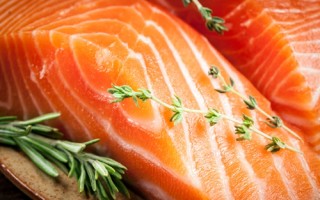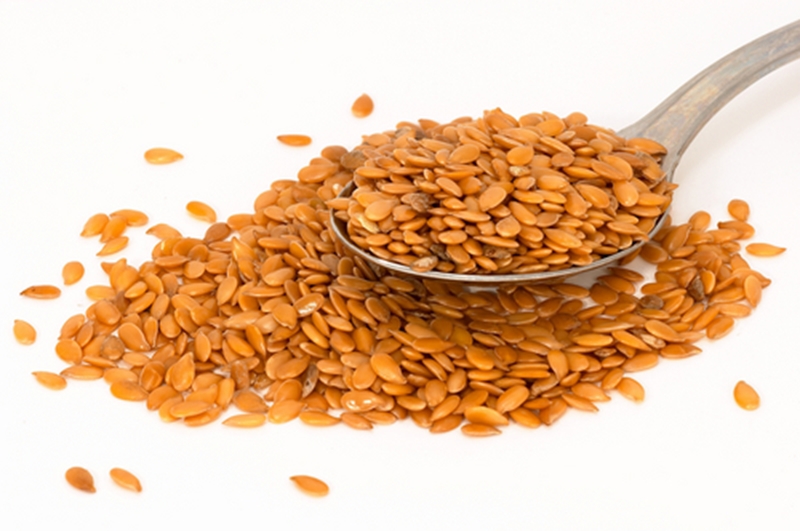
Due to impaired digestion, poor diet, and poor lifestyle choices, healthy fatty acid deficiency is an epidemic. This deficiency may lead to a host of health problems including cardiovascular, immune and musculoskeletal issues, along with worsening depression, allergies and asthma. Fatty acids are utilized in all areas of the body, especially in brain cells, nerves, liver function, adrenal glands, and sex glands. They are used as a source of energy and required for proper use of proteins; essential for absorbing fat soluble vitamins and serve as a protective lining for organs.
What are fatty acids?
Fatty acids are essentially the building blocks of fat in the body and in certain foods. These fats are usually joined in groups of three in what is known as a triglyceride. According to GreenMedInfo, there are strictly two types of fatty acids: Linolenic acid (omega-6) and Alpha Linolenic acid (omega-3). However, there are other essential fatty acids that offer benefits as well. These include: Docosahexaenoic, Eicosapentaenoic, Arachidonic and Gamma linolenic acids.

Omega-6 is found in poultry, eggs, cereals, nuts, whole-grain breads, certain types of oil and many other foods. Meanwhile, foods that are high in omega-3 include salmon, tuna, chia seeds, walnuts, mackerel and many other fish and fish oil items. Essentially, omega-6's are great for keeping our brains healthy, while omega-3's are anti-inflammatory. In most people's diet today, we consume as much as 25 times the amount of omega-6 as we do omega-3 fatty acids. While omega-6 does have its benefits, many researchers and nutritional experts today recommend a ratio of 1:1 or 2:1 to promote a more well-rounded, healthier lifestyle.
Rebalancing fatty acids in the body
Drs. Artemis Simopoulos, of the Center for Genetics, Nutrition, and Health, and James DiNicolantonio, of Saint Luke's Mid America Heart Institute, recently released a study on the subject entitled "The importance of a balanced omega-6 to omega-3 ratio in the prevention and management of obesity." In it, the physicians argue that outdated nutritional policies have failed people in believing that all calories are of equal value in the body. As a result, omega-3 and omega-6 intake have become unbalanced, resulting in spikes in obesity levels in recent decades.
"The time has come to return the omega-3 fatty acids in the food supply and decrease the omega-6 fatty acids by changing the cooking oils and eating less meat and more fish," the researchers explained. "The composition of the food supply must also change to be consistent with the evolutionary aspects of diet and the genetics of the population."
"Good fatty acid intake supports healthy brain and heart function."
Good fatty acid intake supports healthy brain and heart function. However, if you frequently consume highly processed foods and oils that contain partially or fully hydrogenated fats – such as fast food and margarine – these fats are foreign to the human body, unlike essential fatty acids. They may damage good fatty acids in your cell membranes, which renders them inflexible and blocks the flow of communication between cells. Essentially, this makes your brain and overall body less happy and healthy.
GAPS Diet and fatty acids
The GAPS Diet protocol is broken down into three steps: nutritional, supplementation and detoxification. It is during this second step where the diet is tailored to meet the individual health care needs of the person, but typically includes targeted digestive support, commercial probiotics and fatty acid supplements. Dr. Natasha Campbell-McBride believes GAPS adults and children and severely deficient in essential fatty acids and recommends supplementing their daily intake of omega-3s and omega-6s with the following:
- Cod liver oil (for DHA, EPA, vitamin A and vitamin D)
- Seed/nut oil blend (with the ratio of 2:1 of omega-3 to omega-6 fatty acids)
- Fish oil (with a higher ratio of EPA to DHA)
Introducing supplements on the GAPS Diet should be done very gradually. Dr. Campbell-McBride suggests taking a combination of each of these oils to create a complete fatty acid profile. When eating foods rich in fatty acids, it is also important to know how high heat can damage and rearrange the beneficial structure of these fats. Therefore, when cooking fresh fish, bake or broil it so that the internal temperature stays around 125 degrees.
GAPS Diet website offers plenty of fatty acid supplements, such as BodyBio Balance Oil and Barlean's Lignan Omega Twin Liquid, for those who need to boost their fatty acid intake. For additional information about the GAPS Diet and how to get started, you can consult with a Certified GAPS Practitioner and visit our website today!

